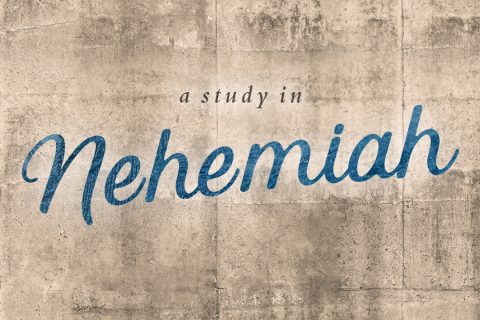
First Fruits
By: Patty Nicholas-Boyte
Nehemiah 10:33-37 (NASB)
“for the showbread, for the continual grain offering, for the continual burnt offering, the sabbaths, the new moon, for the appointed times, for the holy things and for the sin offerings to make atonement for Israel, and all the work of the house of our God. Likewise we cast lots for the supply of wood among the priests, the Levites and the people so that they might bring it to the house of our God, according to our fathers’ households, at fixed times annually, to burn on the altar of the Lord our God, as it is written in the law; and that they might bring the first fruits of our ground and the first fruits of all the fruit of every tree to the house of the Lord annually, and bring to the house of our God the firstborn of our sons and of our cattle, and the firstborn of our herds and our flocks as it is written in the law, for the priests who are ministering in the house of our God. We will also bring the first of our dough, our contributions, the fruit of every tree, the new wine and the oil to the priests at the chambers of the house of our God, and the tithe of our ground to the Levites, for the Levites are they who receive the tithes in all the rural towns.”
This section of Nehemiah 10 is a continuation regarding the agreement the people signed as a renewed commitment to the Lord after they returned to Jerusalem from seventy years of exile. The walls of protection around Jerusalem, now rebuilt, and dedicated to the Lord, sparked a revival among the Israelite people.
Verse 33, speaks of the different offerings specifically for temple worship. Showbread, grain and burnt (sacrifices) were all offered to the priests to atone for the sins of the people and to worship the Lord for the “appointed times”, or holy days.
In verses 34-35, the tithe, or tenth of the first fruit is what God required from each household to be brought into the temple. Wood, mentioned specifically, was particularly important for the upkeep of the temple because they would not be able to offer “burnt sacrifices” without it. They cast lots to determine a schedule as to when each family would provide this needed item. Grain, and “first fruit” of every field and tree as important to provide a living wage to the men who worked in service to the Lord.
Verse 36 tells us the people were also asked to bring the first born of our son, cattle and herds. The law outlined in Exodus in the law, and was exemplified in 1 Samuel when Hannah brought Samuel to the temple for service to the Lord. The people agreed to give God everything. As we would say today, to be all in for Him.
Finally, the people were asked to bring other provisions into the storehouse. This would allow for the temple workers to give to those who were in need.

Psalm 68:5-6,9-10 (NASB)
“A father of the fatherless and a judge for the widows, Is God in His holy habitation.
God makes a home for the lonely; He leads out the prisoners into prosperity,
Only the rebellious dwell in a parched land . . . You shed abroad a plentiful rain, O God;
You confirmed Your inheritance when it was parched. Your creatures settled in it;
You provided in Your goodness for the poor, O God.”
What can we learn from Nehemiah?
· Understanding that paying a tithe to the church is not just Biblical, but it is also a way to provide the necessary tools for service to the Lord.
· Give over and above what is required to help with practical needs for others in the church body.
· When God gives us a blessing, offer it back to Him as an act of obedience and watch the amazing return because we were willing to sacrifice.
· Be faithful in what God has called us to do so others working in ministry can focus on their calling.
Luke 1:53-55 (NASB)
“He has filled the hungry with good things; And sent away the rich empty-handed.
“He has given help to Israel His servant, In remembrance of His mercy, As He spoke to our fathers, To Abraham and his descendants forever.”
What questions can we ask ourselves that can affect change?
- How can I make paying tithes more of a priority knowing God’s intended purpose?
- Where is God asking me to give on top of tithing?
- What can I do to help take care of others needs?
- Are those working in ministry able to take care of their own needs on what they make?
- How can I be a better steward with what God has given me?
Click here for a schedule of seminar, concerts, and retreats at The Cove in beautiful Asheville, NC.
Are you a Christian church or non-profit ministry looking for a place to hold your conference, retreat or ministry event? Click here for more information on holding your event at The Cove.
Visit the Chatlos Memorial Chapel, Visitors Center, and Ruth’s Prayer Garden. Click here for directions and operating hours. Tours are free.
